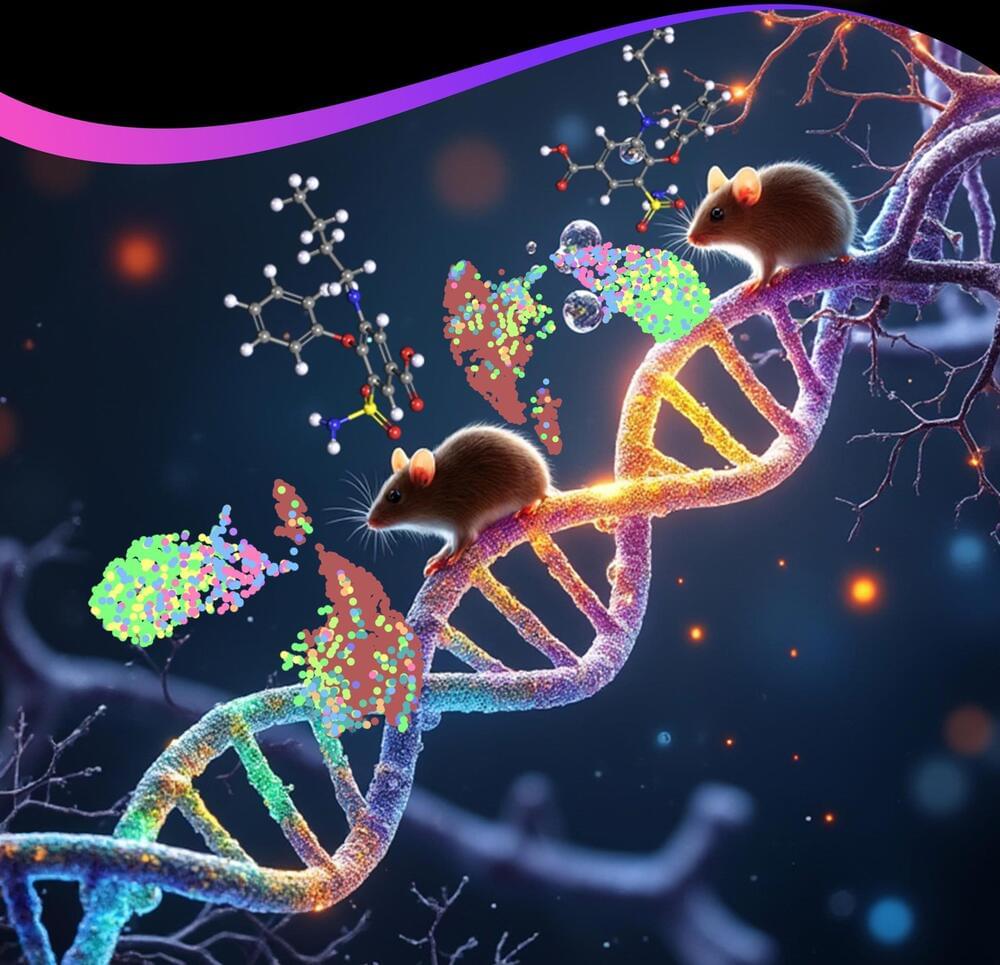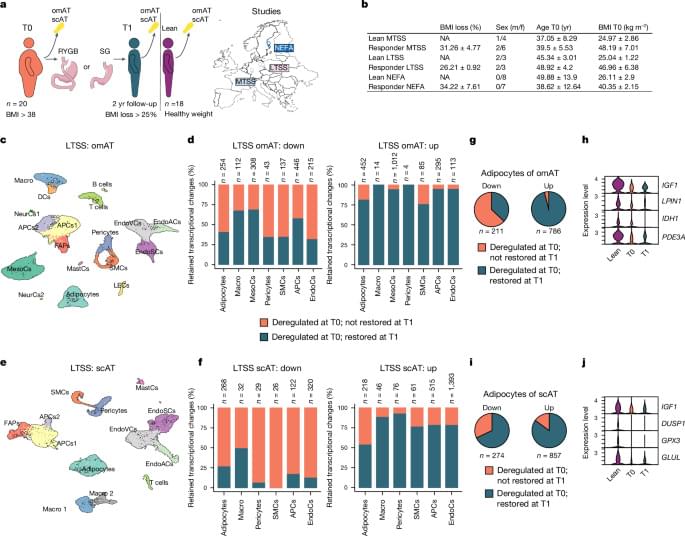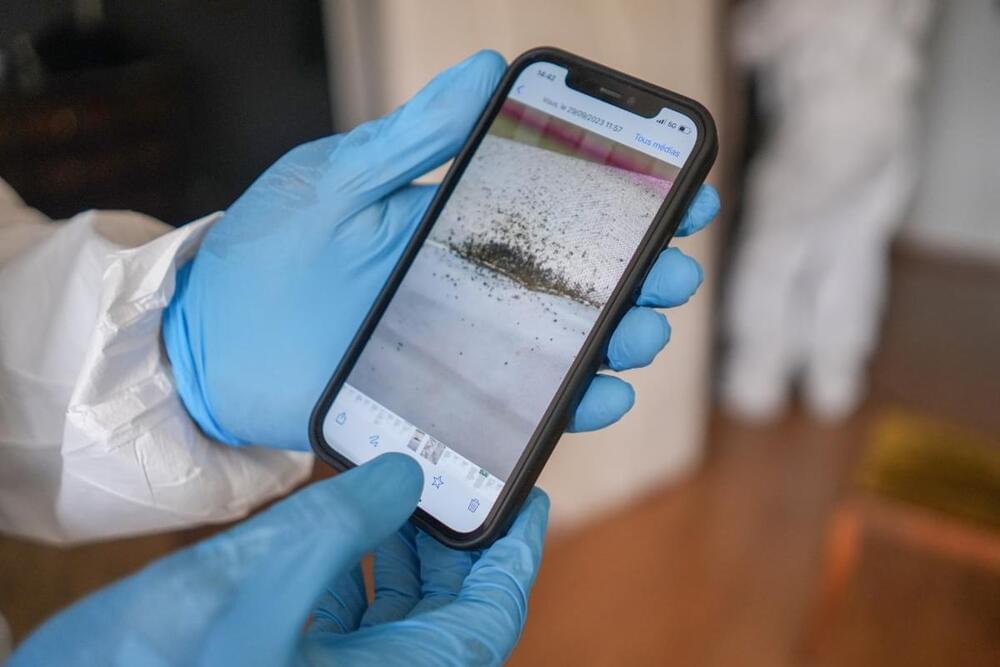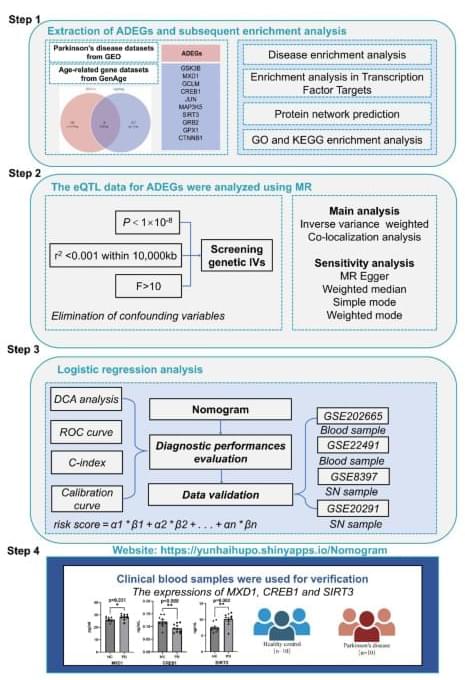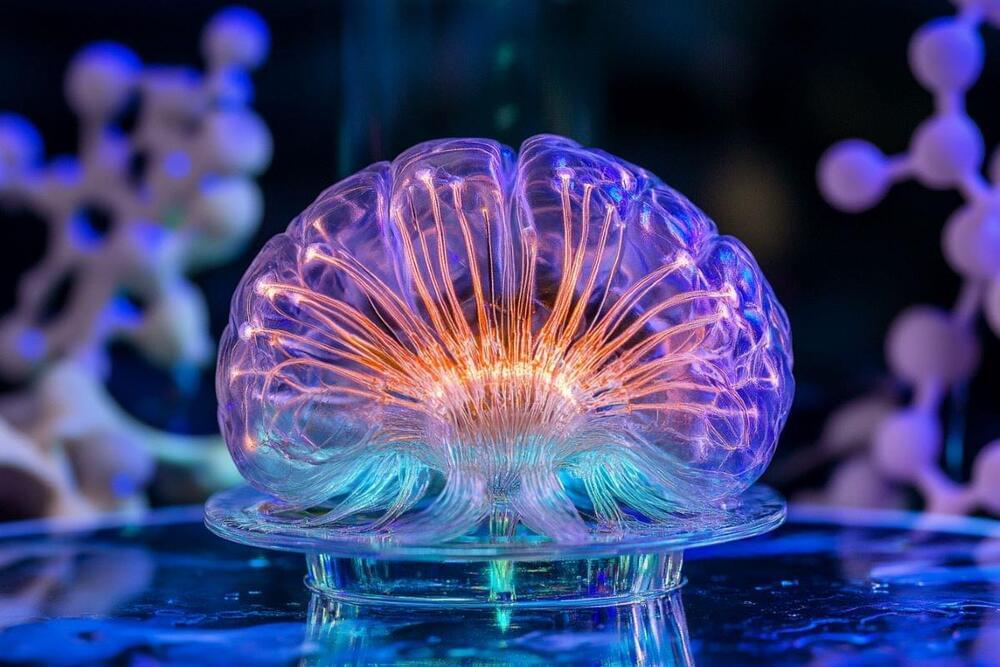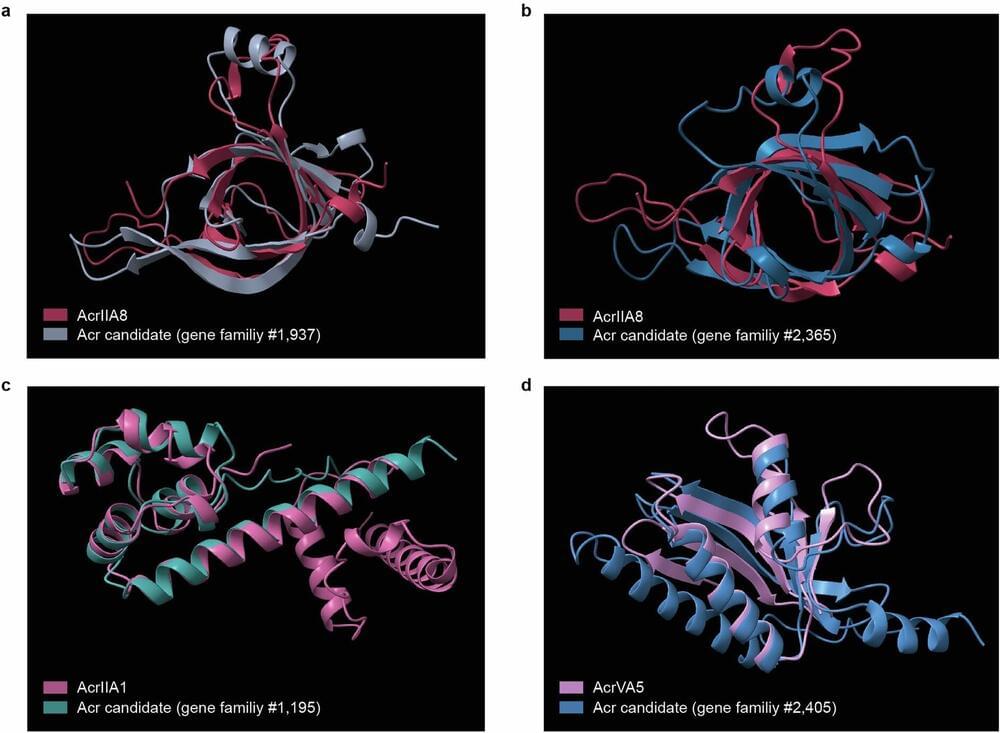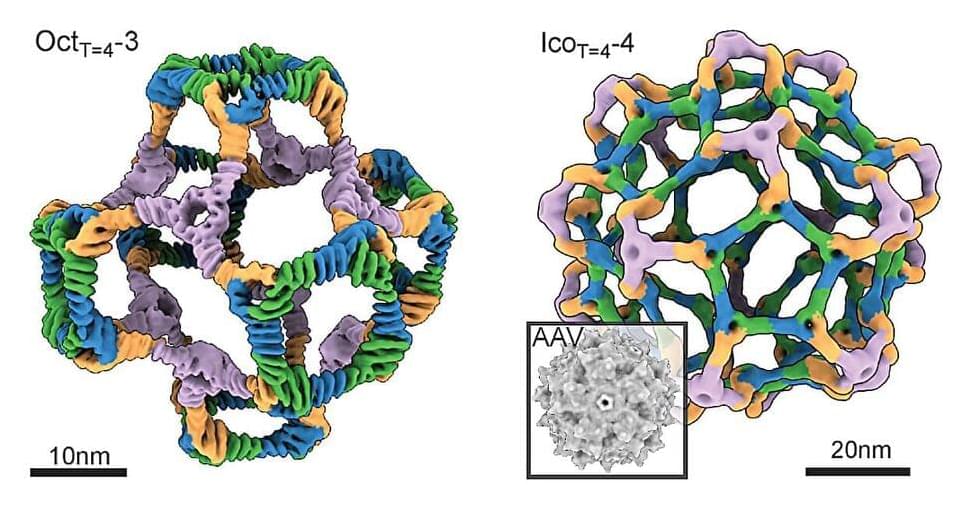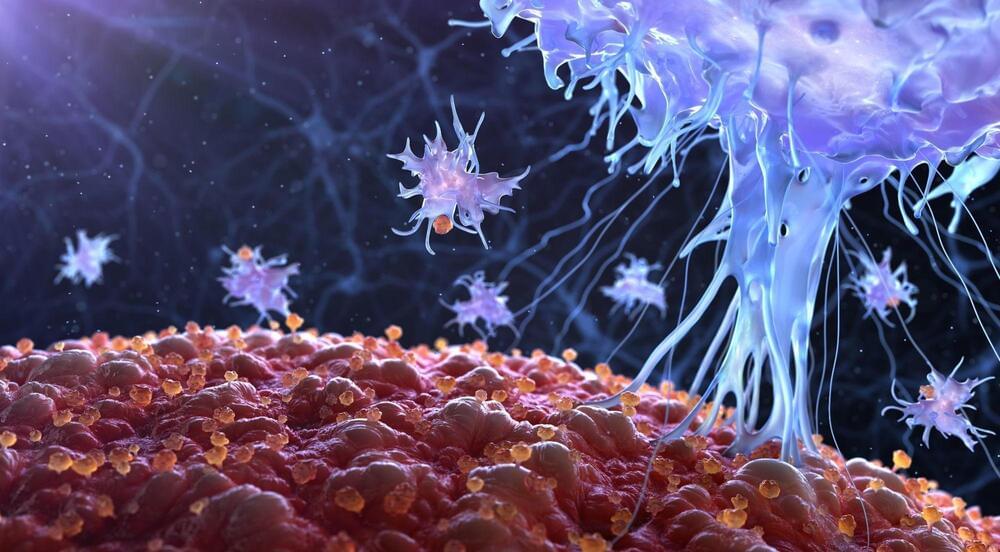Research reveals distinct mechanisms underlying neonatal and post-pubertal social behaviors, providing valuable insights for developing targeted early interventions.
Researchers from the University of Texas Health Science Center at San Antonio and Hirosaki University have unveiled significant findings on the development of social behaviors in fragile X syndrome, the most common genetic cause of autism spectrum disorder. The study, published in Genomic Psychiatry, highlights the effects of a specific prenatal treatment on social behaviors in mice.
The researchers found that administering bumetanide—a drug that regulates chloride levels in neurons—to pregnant mice restored normal social communication in newborn pups with the fragile X mutation. However, they also discovered an unexpected outcome: the same treatment reduced social interaction after puberty in both fragile X and typical mice. These findings shed light on the complex and developmental-stage-specific effects of interventions for fragile X syndrome.
